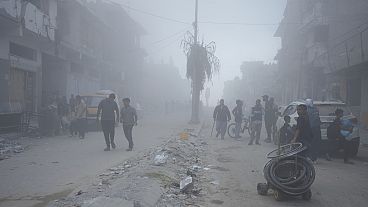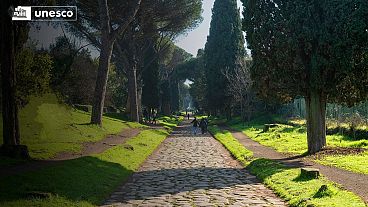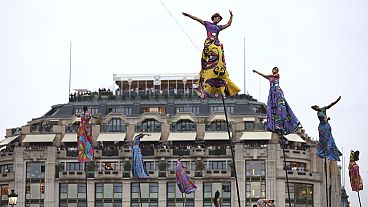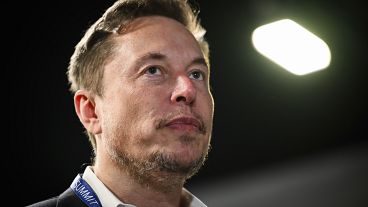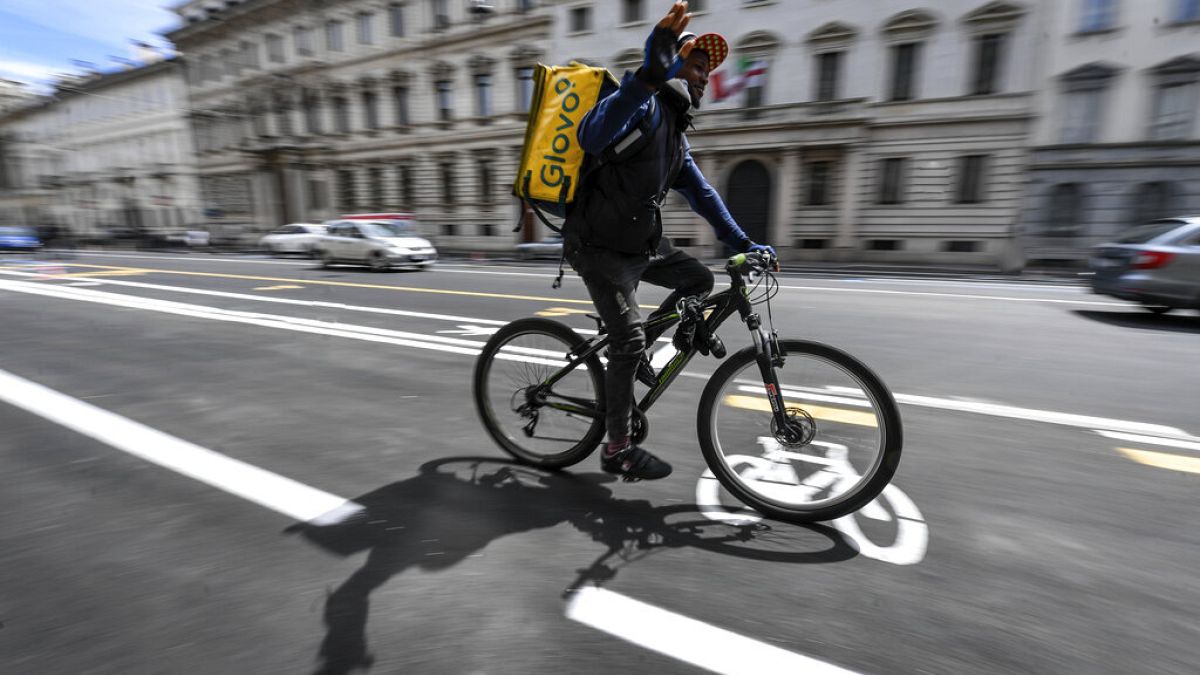Will many more of us work from home? Will cash be scrapped? Will the coronavirus be world-changing? Darren McCaffrey explores.
The economic data are not just bad, but terrible. GDP slumping by record levels, millions relying on government schemes, businesses going bust, Europe facing its worst recession for the best part of a century.
But there is hope that — with a vaccine, possible drugs and accepted social distancing, coupled with massive state subsidies — economies can recover relatively quickly and this might not turn into a 1930s depression.
But even if this is true — and it really is a big if — the current lockdowns and the economic hangover may well change our habits forever.
Now, don’t get me wrong. Lots of people have written lots of things about how the coronavirus crisis will change the world. Frankly, it does make a good read. But I’m not sure the world will fundamentally shift; evidence coming out of China so far suggests most things are returning to normal.
The crisis of 2020 may exacerbate current trends, though — not least of all the growing influence and power of an authoritarian China. But it’s unlikely we will be suddenly seeing socialist revolutions. However, there are things that will change.
Firstly, in a recession they always do. Most people will have less money, or will at least be more concerned about what they spend their money on.
Discretionary spending in China is down 40 per cent from a year ago.
How much were you spending on takeaway coffee a couple of months ago? Will you keep paying €5 for your vanilla coconut milk cappuccino with no foam and whipped cream every day? Do we need to replace our cars quite so often?
Today the UK reported the lowest car sales in April in 74 years. And with restaurants, pubs and theatres likely to remain closed or partially closed for many months to come, we can’t help but spend less money. This is pretty obvious.
So what about when things return to what looks like the “old normal” and growth returns? Well, we have to remember that this isn’t like previous recessions. This one was brought on by a virus; a virus that forced us to stay indoors. It created fear.
One of the winners in recent weeks have been takeaway companies, delivering not just cheap pizza and burgers but actual three-course meals from some of our favourite restaurants. Why plod into town in the future, when you can enjoy the same tasty steak without the usual fuss at home? The same goes for our weekly shop. Millions of people are now having groceries delivered for the first time or buying other essential items online. It’s a new habit many will keep.
Cash was said to be king. In Germany and other parts of Europe, that was frustratingly true. But, shops are increasingly insisting on payment by card only. Personally, I haven’t used cash for weeks. I bet you most of those shops will now keep those “card only” signs in the window. These are only a few small examples, added to some bigger, perhaps more profound ones.
Will many more of us work from home? Germany and Finland have now enshrined in law that this should be an option for employees. Surely, lockdown arrangements have proven we don’t all need a desk in big, high rise office blocks? We can do our jobs effectively and efficiently from home. And what knock-on impact on our big metropolitan cities?
Also, it seems lots more people will take up cycling, walking or scooting to work, to avoid public transport. Cities like Brussels are now insisting on lower speed limits and more bicycle lanes being imposed this summer. And if travelling abroad becomes expensive and painfully slow due to extra checks, might we decide on longer, less frequent holidays, closer to home? Are the European weekend city breaks a thing of the past?
We obviously don’t know for sure, and while the world is unlikely to be turned on its head, this unprecedented crisis will have some impact. The new, “new normal” will not be like the old normal.
Darren McCaffrey is Euronews' political editor.

